Betrayal and Denial
(John 13 : 18 - 38)
“A new command I give you: Love one another. As I have loved you, so you must love one another. By this everyone will know that you are my disciples, if you love one another.”
John 13 : 34-35
Discussion Questions
Have you betrayed someone’s trust, or has someone betrayed your trust? What made the betrayal painful?
Compare Judas’ and Peter’s causes for betrayal. Can you relate to their struggles and pitfalls?
Knowing all that is to come, how might the consolation Jesus left for Peter and the disciples (Jn 13: 19 - 20, 34 - 36) help them? How does it help you today?
Jesus gives a new command to Love (Agape) each other (John 13 : 34 -35) modelled after his love for them and which becomes the hallmark of the disciple’s identity. What did you learn today that motivates you to follow this command or what questions do you still have?
Re-read the passage again, this time imagining yourself in the room with Jesus and the disciples. Imagine the sights, sounds, smell, and feel of the room. Pay attention to Jesus’ responses towards Peter and Judas. What do you hear Jesus saying to you?
Spiritual Practice : Confession
Confession is the act of revealing our true selves to God, coming out of hiding in the darkness of our sin and shame into the light of the one who loves and cleanses us. God desires us to practice this personally and in community as a regular part of our renewal.
Follow these steps in pairs helping each other confess before God.
1. Begin by imagining yourself in the safe loving presence of the Trinity: Father, Jesus the Son and the Holy Spirit. Ask for God’s help to see yourself as he see’s you - the object of his complete and utter love.
2. Speak your confession of sin to God. Welcome any emotions, take your time. The Prayer partner sits quietly and prays for you.
3. The prayer partner speaks a word of God’s forgiveness over you from scripture:
1 John 1:9 “If we confess our sins, he is faithful and just and will forgive us our sins and purify us from all unrighteousness.”
4. Finish by thanking God and welcoming his forgiveness. Commit to taking any actions the Lord is prompting you to right any wrongs.
Resource: “Forgiveness: An Unfolding Mystery”
“True Spirit-led forgiveness always frees and heals at least one of the parties involved, and hopefully both. If it only preserves my moral high ground—as a magnanimous “Christian” person—I doubt if it is true forgiveness at all. It must also quicken and invite the hearts of others, especially the offender. True forgiveness does not leave the offender feeling small and judged, but liberated and loved.”


